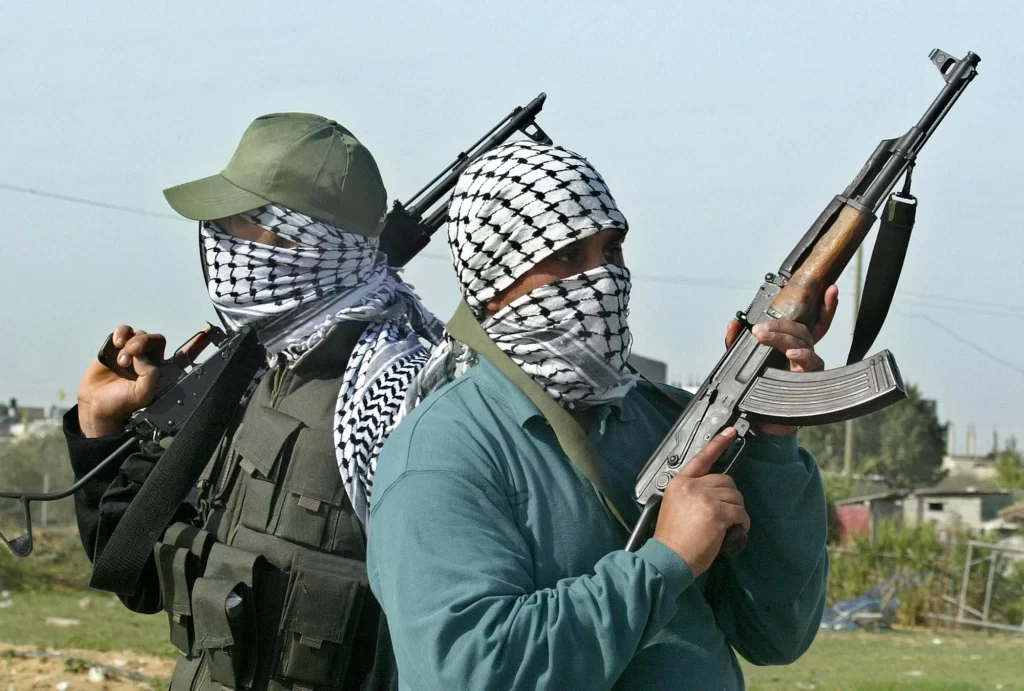In a chilling reminder of Nigeria’s escalating insecurity crisis, two deadly incidents in Zamfara and Kwara states have underscored the widening reach and audacity of non-state actors terrorising rural communities.
In Zamfara State, a notorious bandit group has imposed a N60 million levy on 12 communities in Maru Local Government Area, allegedly as retribution for aiding a recent military operation that neutralised several terrorists in the Dan Kurmi forest.
The affected communities—Koloma, Dan Hayin Zargado, Zargado, Dan Godabe, Sabuwar Tunga, Makini, Bubaka, Yelwa, Bahwada, Koda, Manya, and Kabusu—were summoned by the armed group under the pretext of brokering peace. Instead, the village heads were issued a stark ultimatum: pay the levy or face severe consequences.
“They accused us of aiding soldiers by providing intelligence. They said we also burned the forest to expose them,” said Sani Usman, a traditional leader from Dan Kurmi, in a BBC Hausa interview monitored by PREMIUM TIMES.
Efforts to reach the spokesperson of the Zamfara State Police Command, Abubakar Sadiq, were unsuccessful, as his line was unreachable as of Monday evening.
This form of extortion—widely dubbed as “protection levy”—has become a recurring menace across several North-West states including Katsina, Sokoto, Kebbi, Kaduna, and Niger.
In Katsina State alone, a terrorist leader named Nabaruma recently demanded N10 million from Unguwan Zakara, while three other communities were ordered to pay a combined N1.5 million.
Security analysts say the recurring imposition of levies on vulnerable communities reflects a breakdown in state protection and a deepening insecurity crisis despite repeated military offensives in the region.
In a parallel development in Kwara State’s Baruten Local Government Area, suspected terrorists disguised in military camouflage killed at least six residents of Ilesha Baruba in a Monday night assault that has left the community in shock.
Eyewitnesses said the assailants stormed the town on motorcycles, wielding sophisticated weapons, and began shooting shortly after the Isha’i prayer.
A witness, Umar Faruq, who narrowly escaped, described the scene as “a war zone.”
“They came in soldier uniforms. At first, we thought they were on patrol. Suddenly, they opened fire on innocent people,” he recounted.
The attack has raised serious concerns about the possible impersonation of military personnel and the source of the attackers’ uniforms.
Reacting to the incident, the Turaki of Ilesha Baruba condemned the killings, describing the attack as “a direct assault on the peace and sovereignty” of the community.
“This is not just an attack on individuals. It’s a message to us all that we are not safe. Our people are now living in fear. We call on the government to act fast,” he said.
Security experts have called for increased intelligence-driven security operations and stronger community protection mechanisms to prevent further atrocities and restore confidence among rural populations reeling from sustained attacks.
Do you want to share a story with us? Do you want to advertise with us? Do you need publicity for a product, service, or event? Contact us on WhatsApp +2348183319097 Email: platformtimes@gmail.com
We are committed to impactful investigative journalism for human interest and social justice. Your donation will help us tell more stories. Kindly donate any amount HERE



